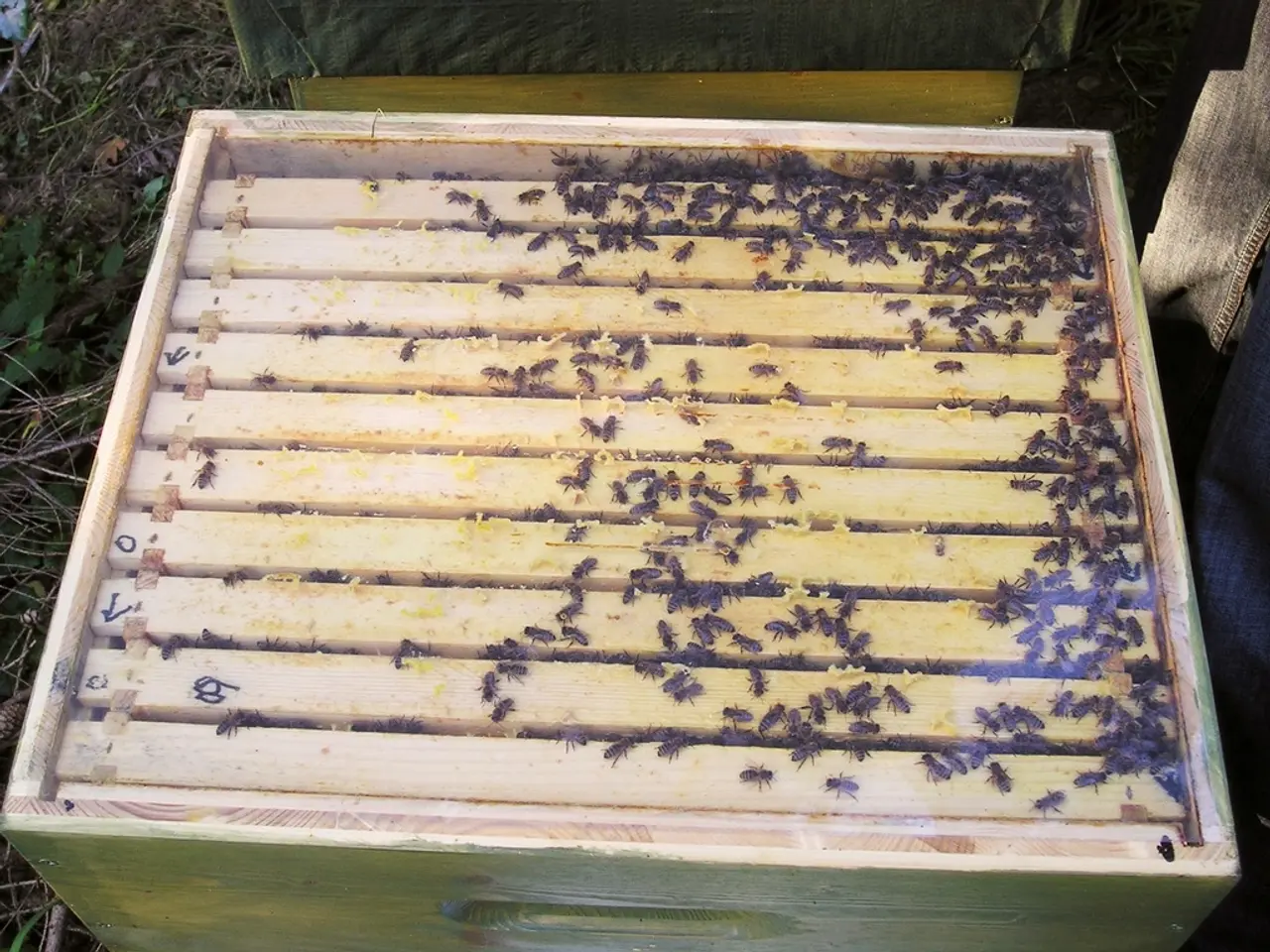Strategies for Preventing House Infestations by Pests
Keeping a pest-free home is essential for maintaining a healthy and comfortable living environment. Here are some effective methods for preventing and reducing pest infestations in your home.
Sealing Entry Points
Sealing entry points is the first line of defense against pests. This involves closing gaps, cracks, and openings around doors, windows, pipes, and other structural features to block pests from entering. You can do this by installing door sweeps, weatherstripping, and using materials like copper mesh to cover openings [1][3][4][5].
Maintaining Cleanliness
Pests are attracted to food residues, clutter, and moisture. Regular vacuuming, sweeping, and mopping, especially in kitchens and dining areas, help remove crumbs and spills. Proper food storage in airtight containers, promptly cleaning up pet food and spills, and managing garbage with sealed lids reduce attractants. Decluttering storage spaces and keeping areas dry by fixing leaks and using dehumidifiers also deter pests [1][2][3][4].
Using Natural Deterrents
Using natural deterrents provides a safe alternative to chemical pesticides, particularly for families with children and pets. Essential oils such as peppermint, eucalyptus, and citronella repel insects; these can be diluted with water and sprayed around entry points. Cedarwood chips and dried lavender sachets help keep moths away in closets, and peppermint oil–soaked cotton balls can discourage rodents near openings. Planting herbs like basil, mint, and rosemary around the home also naturally discourages pests. Diatomaceous earth is another non-toxic option effective against insects [2][4].
Considering Professional Pest Control Services
If infestations persist or for routine prevention, considering professional pest control services is important. Professionals can inspect the property, identify vulnerabilities, and provide tailored treatments. Scheduling inspections one to two times per year, particularly before peak pest seasons, ensures early detection and treatment, potentially saving cost and effort in the long term [1][3].
Additional Preventive Practices
Additional preventive practices include yard maintenance such as trimming vegetation away from the house, removing debris and standing water to avoid breeding grounds for mosquitoes and other pests, and seasonal clean-up to remove leaf litter and maintain gutters for proper drainage [1][3][5].
By combining these integrated approaches—sealing entry points, maintaining strict cleanliness, applying natural deterrents, and using professional pest control when needed—provides the most effective defense against home pest infestations.
- Ensure that there are no leaks or standing water, as these can create a habitat for pests like silverfish and cockroaches.
- Pest control experts can identify specific vulnerabilities in your home and recommend tailored treatments.
- Wipe down counters, sweep floors, and promptly clean up spills.
- Peppermint oil is particularly effective against spiders and mice due to its strong scent.
- Regularly check and clean the areas behind and beneath appliances, where food particles often accumulate and attract pests.
- If you have pets, their food can attract pests if not managed properly. Store pet food in sealed containers and avoid leaving food out overnight.
- Clean pet feeding areas daily, as spilled kibble can invite unwanted visitors like mice and ants.
- By controlling pet food access, you can further minimize pest attraction in your home.
- Use caulk to fill small gaps and install weather stripping to ensure doors and windows close tightly.
- Don't forget to take out the trash frequently and keep garbage cans sealed.
- The kitchen is a primary target for pests like ants, roaches, and bed bugs. After cooking, be diligent about cleaning dishes, wiping surfaces, and vacuuming crumbs from the floor.
- Familiarizing yourself with their habits, signs of infestation, and optimal breeding seasons allows you to be proactive rather than reactive.
- Diatomaceous earth, a natural powder made from fossilized algae, can be used to control pests like ants, cockroaches, and fleas by damaging their exoskeletons.
- Considering professional pest control services can provide additional support in keeping your home pest-free.
- Understanding the types of pests common in your area can help you take preventive measures more effectively.
- Maintaining a well-trimmed yard, particularly shrubs and trees that touch the house, can help prevent pests from using them as a bridge to enter the home.
- Sealing any potential entry points, such as gaps and cracks around doors, windows, and foundations, is the first line of defense against pests.
- They use a combination of prevention, monitoring, and treatment strategies for mouse exclusion and preventing future infestations.
- Regular inspections and treatments by pest control services provide peace of mind and keep your home pest-free.
- Bathrooms can also be a breeding ground for pests, particularly in humid conditions. Regularly clean and disinfect surfaces, including sinks, counters, and toilets.
- A clean home is less attractive to pests. Regularly clean your living space, focusing on areas where food is prepared and consumed.
- Regular lawn mowing and removal of standing water can help reduce the attraction of mosquitoes.
Sealing any potential entry points, such as gaps and cracks around doors, windows, and foundations, is the first line of defense against pests, while maintaining cleanliness, particularly focusing on the kitchen and bathrooms through wiping down counters, sweeping floors, and promptly cleaning up spills, can make a home less attractive to pests. Additionally, using natural deterrents like peppermint oil or cedarwood chips serves as a safe alternative to chemical pesticides for families with children and pets.



